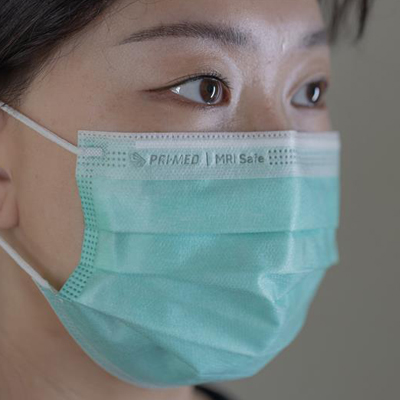Did You Know April is National Oral Health Month?

Good dental health is crucial not only for our oral health, but also for our overall health and well-being. Here are some tips you can follow to take care of your oral health and promote healthy habits for a lifetime.
Prevention of Dental Problems
Dental problems like cavities, gum disease, and bad breath can cause discomfort and pain. They can also lead to expensive dental treatments in the future. Maintaining good dental health practices can help prevent these dental problems.
Better Digestion
Properly chewing your food is important for good digestion. Healthy teeth and gums play a vital role in this process. By maintaining good oral health, you are more likely to properly chew and digest your food.
Better Overall Health
Poor dental health can lead to serious health problems such as heart disease, diabetes, and respiratory infections. Practicing good dental health can lower your risk of these and other health issues.

So, what are good dental health practices?
Brush and Floss Regularly
Keep your mouth clean by brushing and flossing every day. Brush your teeth and tongue at least twice a day for two minutes. Floss once a day to remove food particles and plaque from tough to reach places.
Avoid Smoking
Smoking can severely damage your teeth, gums, and mouth. It can also lead to gum disease, resulting in tooth loss. Smoking is also the leading cause of oral cancer.
Limit Sugary and Acidic Foods and Beverages
Sugary and acidic foods and beverages can eat away at tooth enamel. Limiting consumption of these foods and drinks can decrease tooth sensitivity and the risk of cavities and tooth decay. More about the effects of sugary/acidic foods on teeth here.
Visit your Dentist Regularly
Even with daily brushing and flossing, you should still visit your dentist for optimal oral health. Dentists have special tools to remove tartar and surface stains. Dentists can also spot areas of concern in advance to help treat them before they become serious problems. See your dentist for routine cleaning and examination every six months.

Related Resources
PRIMED MRI Safe Mask: Safe by Design for Purpose-Built Protection
PRIMED's ASTM Level 3 MRI Safe Masks offer a high-quality, purpose-built solution that merges MRI compatibility with premium protection.

From the Sterile Core to the Decision Table: Elevating the Voice of MDR Professionals
MDR professionals don’t just process products, they influence how they are designed, selected, and standardized.
%20-%20Sterlization%20Wrap%20Display%20(1).jpg)
Protecting with Purpose: The Supply Chain Behind the Mission
PRIMED, resilient through the pandemic, has evolved our supply chain - now stronger, smarter, and ready to meet future challenges with agility and confidence.


